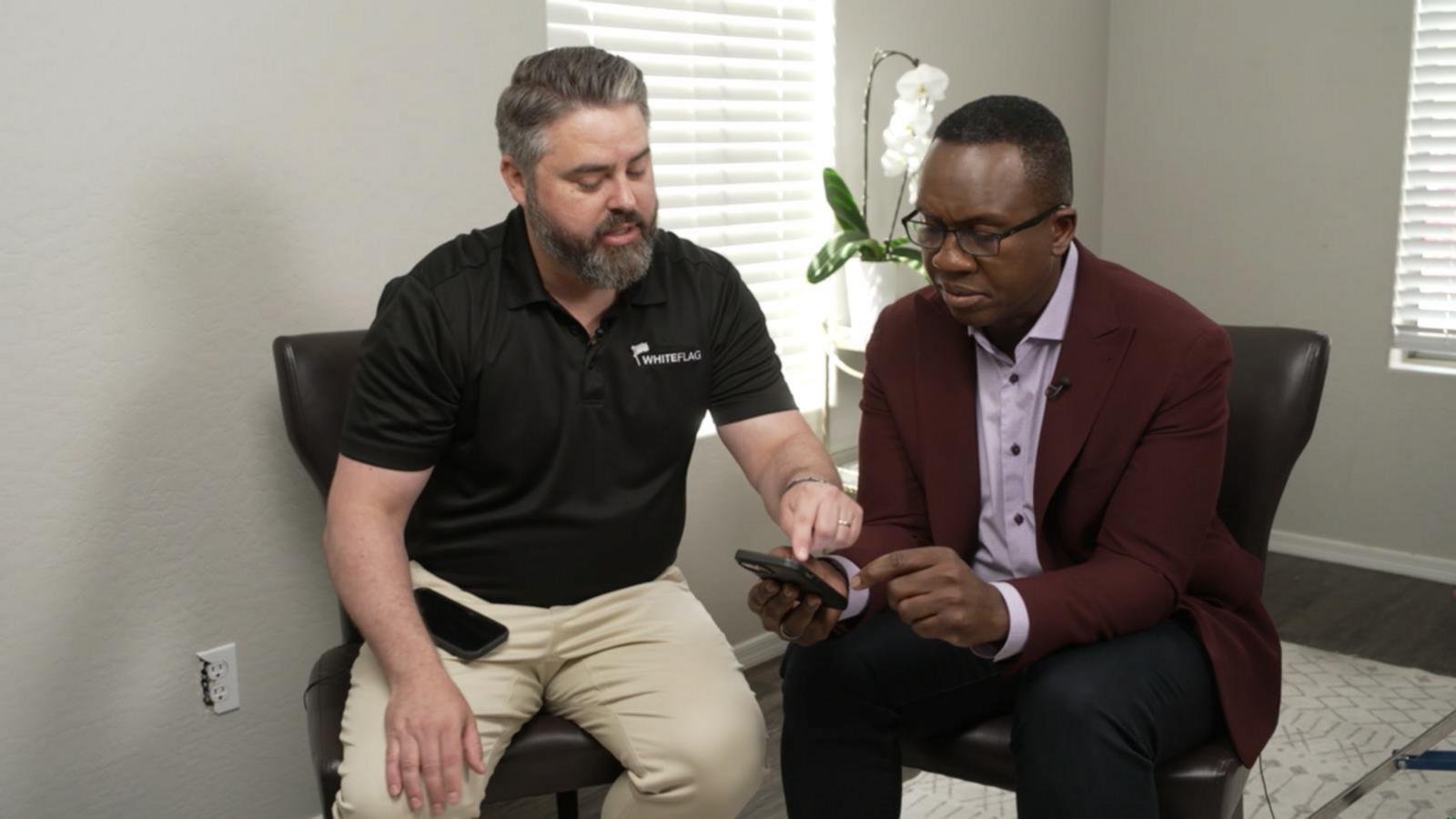The landscape of psychiatric care in the United States is changing, with private equity ownership of free-standing psychiatric hospitals rising from 8% in 2013 to 14% in 2021. Research published in JAMA Psychiatry indicates that these privately owned facilities often operate with lower staffing ratios compared to their counterparts.
A recent report from the Peterson Health Technology Institute highlights the varied costs associated with virtual solutions for treating depression and anxiety. These solutions include on-demand digital content and activities, which can be offered in conjunction with therapy and medication or as standalone options.
In a notable move to address mental health concerns, TikTok announced initiatives aimed at promoting reliable mental health information sourced from trusted professionals on its platform.
Research published in Alzheimer’s & Dementia shows a correlation between excessive sleep—nine or more hours per night—and poorer cognitive performance in individuals experiencing depressive symptoms, irrespective of whether they were on antidepressant medications.
In China, a study published in BMC Psychiatry examined the clinical and sociodemographic factors that influence the frequency of manic and depressive episodes in patients with bipolar disorder, shedding light on potential areas for targeted interventions.
In the United States, nearly 40% of primary care clinicians working with youth report routinely conducting substance use disorder screenings during well visits, according to findings in JAMA Network Open.
However, not all news in the psychiatric field is positive. A report from Disability Rights California accuses a for-profit psychiatric hospital in the Los Angeles area of abusing patients by improperly restraining and medicating them, violating both federal and state regulations.
In a randomized trial published in JAMA Network Open, mixed reality exposure and response prevention therapy was found ineffective in reducing the severity of obsessive-compulsive disorder (OCD) when compared to an active control group.
Additionally, some Oregon communities have come under scrutiny for allegedly misusing taxpayer-funded grants, initially intended to connect individuals to addiction services, by diverting the funds to law enforcement efforts.
A study in eClinicalMedicine reveals that feelings of loneliness and symptoms of depression increased progressively in middle-aged and older adults prior to the onset of chronic pain, indicating a potential link between mental health and physical health outcomes.
This collection of findings emphasizes ongoing challenges and developments in the mental health sector, highlighting the need for continued research and policy attention.


